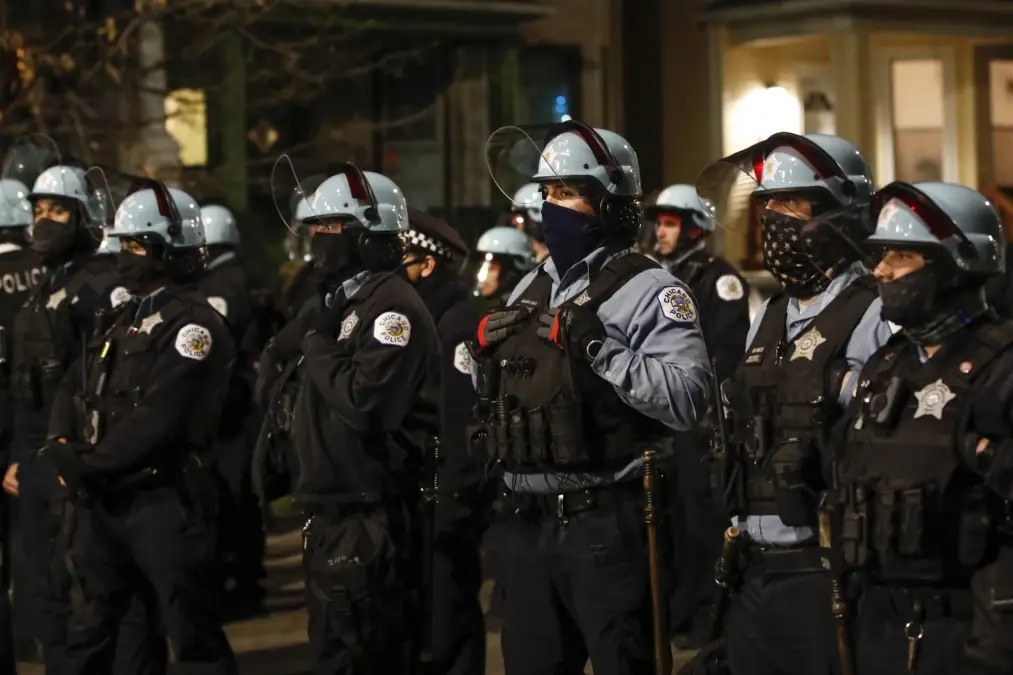Chicago postpones police-misconduct database, citing cost concerns

The Chicago City Council pushed back talks last week on a proposal to create a database of police misconduct that would date back to 1994, citing concerns with the project’s potential cost.
The proposal, which was drafted by alderman Scott Waguespack last year after a judge found that police and city officials had “willfully and intentionally failed to comply” with the Illinois Freedom of Information Act, would direct the city to digitize and publish online all closed complaints against its police officers. In addition to including past claims, it would also direct the city to automatically publish information on some new claims as they’re closed.
But in a council meeting Friday, several of Waguespack’s colleagues said they didn’t want to rush into approving a project that could be costly for the city. Mayor Lori Lightfoot voiced the same concern in a press conference last week, noting that much of the information the portal would publish has already been made available through previous lawsuits.
“Going back 30 years to paper files and the expense of digitizing them, I’m not sure what the utility of that would be,” Lightfoot told reporters. “I think it’s challenging when we’re talking about literally spending tens of millions of dollars and it will take a long time.”
But Deborah Witzburg, Chicago’s deputy inspector general for public safety, told the council’s joint committee on Finance and Public Safety the project would cost less than $2 million over five years. Waguespack’s proposal would have the city publish records iteratively, with records from 2000 to 2015 published in the project’s first year, and then back to 1994 in the second year.
The proposal followed a lawsuit settled last year after Charles Green, who was sentenced to life in prison at age 16 after being convicted in 1985 of four murders, was denied records he sought through a FOIA request.
The committee meeting also followed the fatal Chicago police shooting of 13-year-old Adam Toledo on March 29, which prompted public protests.
Chicago Inspector General Joseph Ferguson spoke in support of the proposal last week, telling council aldermen it “buys some legitimacy and transparency that we so desperately need at this very moment,” WTTW-TV, a Chicago PBS affiliate, reported.
A local journalism group called the Invisible Institute currently does some of the work that the city initiative would’ve taken over, publishing information on Chicago police misconduct through its Citizens Police Data Project. But Jamie Kalven, the institute’s executive director told the council his organization can’t “responsibly maintain an ever-expanding repository of this nature in perpetuity.”






